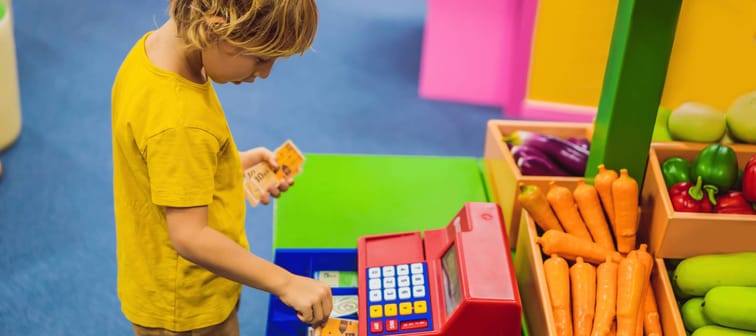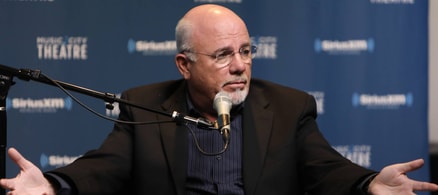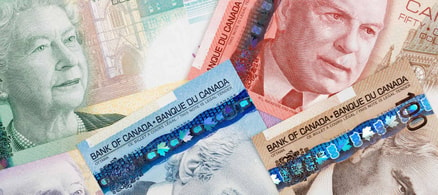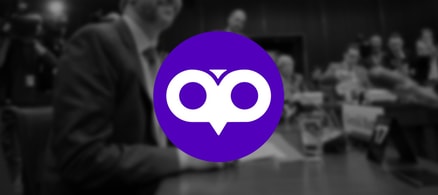Changes to curriculums
In 2019, Ontario's then new Education Minister Stephen Lecce announced that high schools across Ontario would include financial literacy education as part of the revised and mandatory Grade 10 career studies course.
Other provinces have also been making changes to either add financial literacy courses, or incorporate the subject matter into other programs.
“B.C. for example, integrated it into their math program. Alberta has a lot of it within their career and life management program, as well as a number of other subject areas,” Rabbior explains.
In early May, Alberta announced that it’s investing $5 million in basic financial literacy education programs for students in grades 3 to 12 over the next three years. CFEE is one of the three organizations that the province is partnering with.
“Newfoundland and Labrador has just created a new Grade 10 program that has a significant financial literacy component, in fact, they use our ‘Money and Youth’” book as the core resource for that program,” Rabbior says.
Maximize Your Tax Refund with TurboTax Canada!
Simplify tax season with this user-friendly software. Get step-by-step guidance, maximize deductions, and file with confidence. Trusted by millions, TurboTax Canada ensures accuracy and peace of mind. Start your taxes today and get the refund you deserve
Get the tax refund you deserveInfluence of social media as a learning tool
Social media has become a go-to resource for vital information such as daily news and purchasing decisions, especially for people under 25. Some of this demographic also uses social media as their go-to source of financial information.
A survey by GOBankingRates, which polled 1,000 Americans aged 18 to 24, found that the go-to source of financial information for 22.7% of respondents was parents or family. Over a third (38.8%) said social media was their primary source.
However, there is a willingness to learn from other sources, which presents an opportunity for educators to bridge the gap. When asked how they would like to learn about money, more than 60% said at home, about 54% from teachers and 42% said from guests or experts.
How does Canada compare to the rest?
Despite Canada having a long way to go to build on financial teaching, it actually ranks as one of the top five most financially literate countries in the world, according to the 2014 S&P Global Ratings’ Financial Literacy Survey.
Denmark, Norway, and Sweden held the top spots, with scores of 71% — meaning 71% of their populations are financially literate. Canada scored 68%, tying with Israel.
S&P’s survey consisted of interviews with more than 150,000 adults in over 140 countries.
Each adult was tested on their knowledge of four topics: risk diversification, inflation, numeracy, and interest compounding. According to S&P’s report, someone was considered financially literate if they were able to accurately explain at least three of the four concepts. Numeracy and inflation were the most well understood topics, while risk diversification was the least understood.
The survey may be a good example of how financial curriculums can create more financially literate populations. In Denmark, financial education is mandatory between Grade 7 to Grade 9. In Sweden, financial education is part of the school curriculum from the first grade.
Grow Your Savings Effortlessly with Moka
Automate your savings with every purchase and watch your money multiply. Moka rounds up your transactions and invests the spare change. Start building wealth effortlessly today. Join thousands of Canadians embracing financial freedom with Moka
Sign up nowAre parents equipped to be teachers as well?
The combination of having a financially literate family, and formal education on finances will most likely produce a student with money sense.
Unfortunately, this isn’t a reality for all Canadians.
A survey released by TD Bank in October 2021, showed that 33% of Canadian parents surveyed aren't confident they're setting a healthy financial example for their children. The survey also revealed that 45% of Canadian parents surveyed don't have a household budget.
Additionally, only 29% of parents surveyed consider their household to be in "excellent" or "good" financial health." The “good” financial standing means the ability to pay bills on time or have manageable debt and savings.
It starts at home
No matter how much progress schools make with integrating a formal curriculum for financial literacy, the first step still lies with parents. Parents can help their children develop knowledge and habits that can make them more likely to succeed financially later in life.
“We do a lot of talking at home about these things, and so our kids, they all have bank accounts, and we talk a lot about savings. Our daughter who is 20 has an RRSP already,” said Shameela Shakeel, education advocate and co-chair of York Communities for Public Education.
Shakeel has four children, and three of them have jobs already.
“They already think in terms of, ‘oh, if I want to buy something, I have to work X number of hours to be able to afford that,’” the mother said.
“But for kids who are taking basic math, they might not get that,” Shakeel said. “So maybe we should have it like a mandatory workshop for all Grade 11 or 12 students.”
Shakeel describes herself as lucky since she comes from a business-minded family, and this knowledge is also being trickled down to her own children.
While the government is trying to do its part by standardizing financial education, parents also need to be their childrens’ primary teachers. Learning at home can fill the gap left between whatever information students might find online or learn at school.
Sponsored
Trade Smarter, Today
With CIBC Investor's Edge, kick-start your portfolio with 100 free trades and up to $4,500 cash back.







